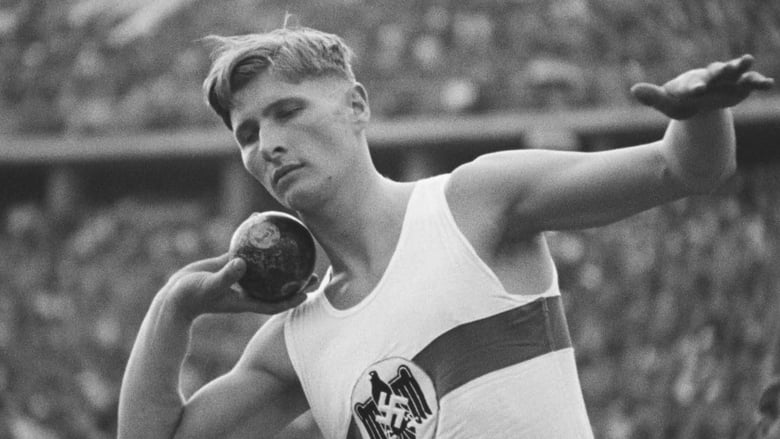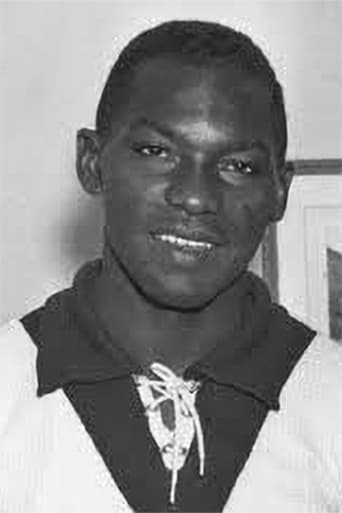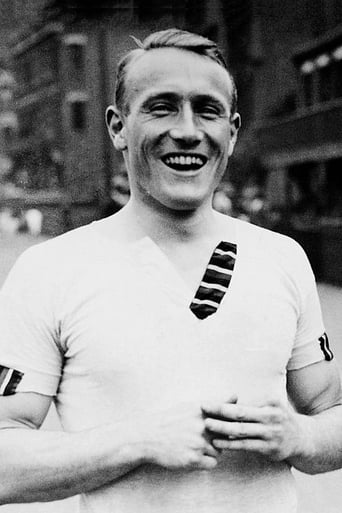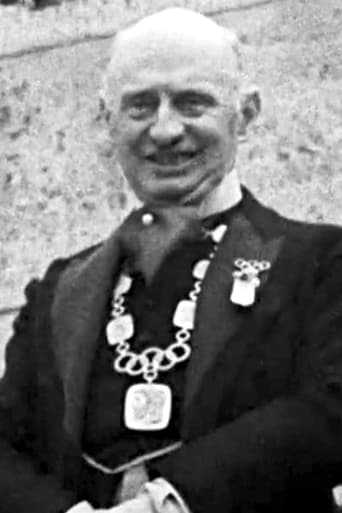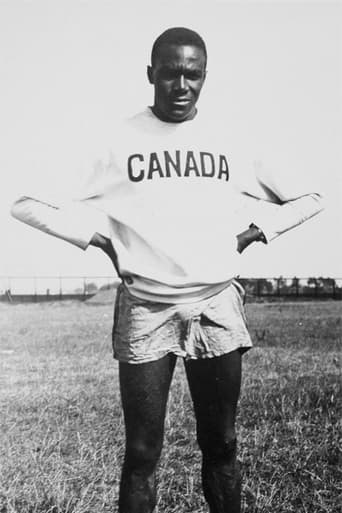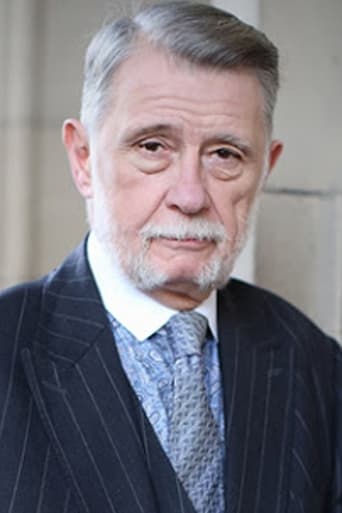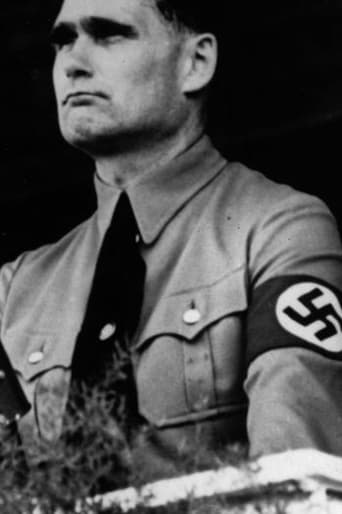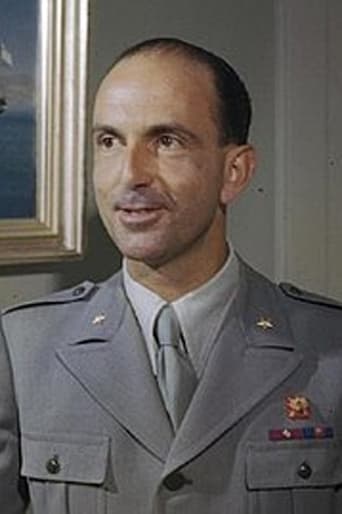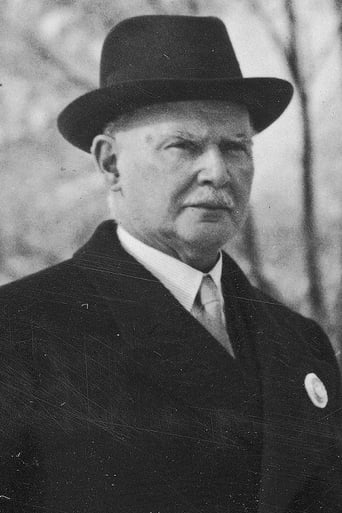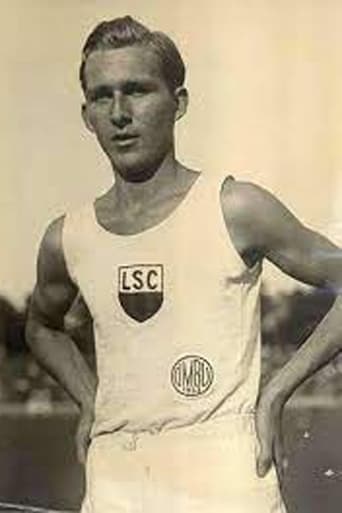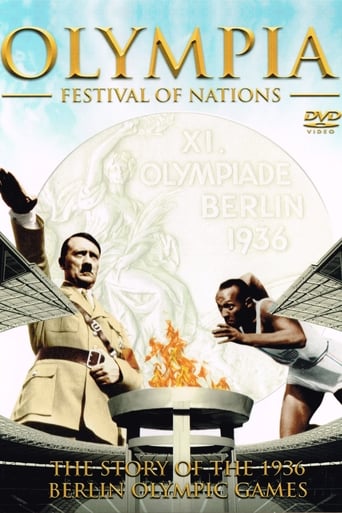
Olympia Part One: Festival of the Nations
March. 08,1940The First part of Olympia, a documentary about the 1936 Olympic games in Berlin by German Director Leni Riefenstahl. The film played in theaters in 1938 and again in 1952 after the fall of the Nazi Regime.
Similar titles
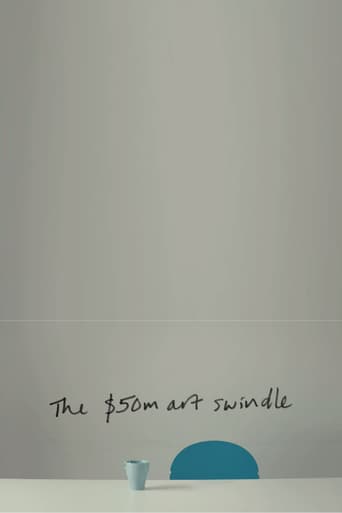
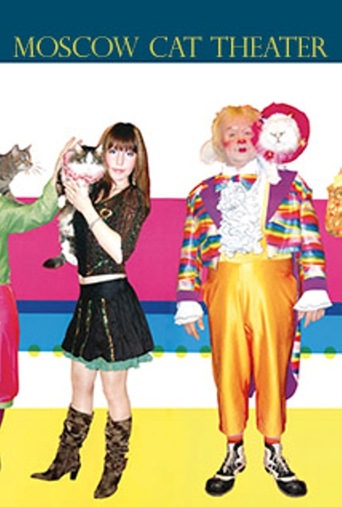
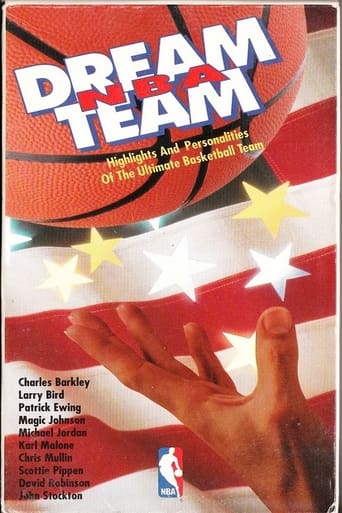
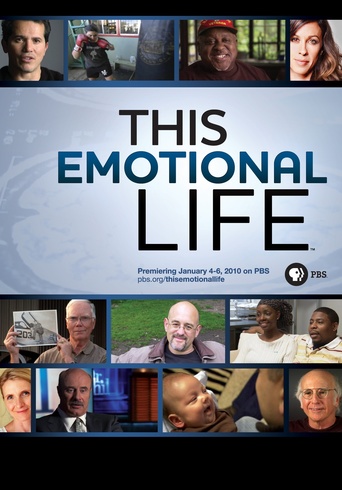



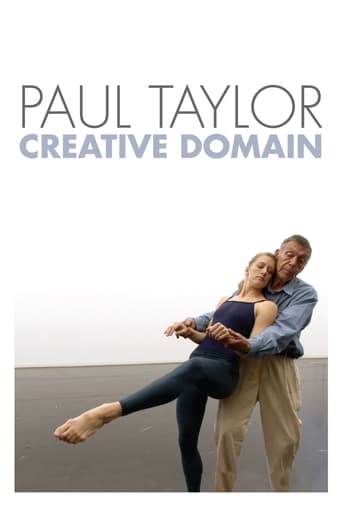
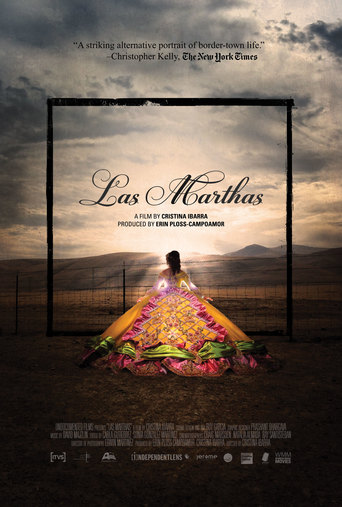

Reviews
Redundant and unnecessary.
Lack of good storyline.
Each character in this movie — down to the smallest one — is an individual rather than a type, prone to spontaneous changes of mood and sometimes amusing outbursts of pettiness or ill humor.
It’s not bad or unwatchable but despite the amplitude of the spectacle, the end result is underwhelming.
Watching "Olympia: Festival of Nations", Leni Riefenstahl's documentary of Berlin's Olympic Games, I was amazed at how the world changed in 80 years but not much for sport. But had sport changed much from the Antiquity to the 20th century? Sport is one of these elements of timeless and universal appeal that best characterizes humanity, and Leni Riefenstahl understood before any other director that motion pictures were the best vehicle for the extraordinary thrills and emotions sports provided.Thrills, emotions so many inspirational words immediately tarnished when put in Leni Riefenstahl's framework. The pioneer director had already proved her utility to the Third Reich by making "Triumph of the Will", and the film was no less loaded in 'thrills and emotions', so when we put our hands in something as historically loaded as the two-parter "Olympia", we're never sure we won't get a few fingers dirty. It is its misfortune to have its reputation soiled by the infamous predecessor. Now, is "Olympia" a propaganda film? No and Yes. It is not propaganda because the film fulfills its basic mission as a documentary, which is documenting. "Triumph of the Will" was more of a glorification of the Third Reich and the exhilaration of the communion with the people. I can hear the counter-argument already: but so did "Olympia" by exalting the beauty and strength of the human body and the popularity of sports on a scale even superior to the Nuremberg conference. Yes, but we've just went through a European cup and the Olympic Games of Rio: aren't we seeking the same enthusiasms than the crowds cheering in Berlin's stadium in 1936?This disturbing question touches the very essence of sport, as a mass entertainment translating the antagonism between people from the brutality of war to the peaceful nobility of competition. The Olympic Games are a sublime heritage of the Ancient World, a period of truce where athletes could fight with the same chances. That's the essence of sport, it can be brutal but it's always a fair play. Yet are we cheering for these values or because our team or our country won? Weren't the spectators of 1936 as joyful as the people in Rio? And who can predict our reaction if a worldwide conflict started in 2019? So, maybe "Olympia" IS a propaganda film, but just as any film that tries to stir some specific emotions can be perceived as propaganda, just like "Chariots of Fire" or "Saving Private Ryan" or "E.T. the Extra-Terrestrial". I recently read in an article that compared the opening of "The Lion King" to "Triumph of the Will", I never thought about it, but I can see the similarities. Any film that aims to arouse a specific set of emotions to a wide audience can be propaganda, but only in the name of common sense, we'll never compare the moment with Rafiki raising Simba to Hitler's arrival in Nuremberg. In the name of the same common sense, we can't blame "Olympia" for inspiring emotions we all respond positively to."Olympia" opens with ruins, the remains of the Antique Age, destroyed and devoid of human presences, as to emphasize their coming resurrection, from the statues to the athletes. We're not fooled of course, but the magic of the camera and the photography is so breathtaking that the eyes precede the mind. The statues become the embodiment of a vision of the human body that doesn't necessarily imply the Aryan race. The use of lighting and shadows makes all the athletes look oddly neutral, closer to the Mediterranean type actually. And then we get to the magnificent ellipse, the resurrection, from the iconic statue of the discus thrower to a real athlete who executes the movement as if he was animated by a genetic symphony, inherited from the Antique age.This is not a political film; this is a hymn to sport. And halfway through the opening ballet, there's a tall naked woman executing a magnificent luscious dance, and this is Leni Riefenstahl, doing more than a simple cameo, being part of this adventure as a former athlete and dancer. This is not the work of a propagandist, but a woman who knows the value of sport, not about the Olympic Games, not even about the Nations, but their athletes whose paradoxical nature is to represent countries while transcending the cultural barriers, being different but similar, universal is the word. What a strike of luck that she couldn't film the original flame moment because the running and the excitement made it impossible to have a cinematic shot, so she had to reinvent the scene and came up with one of the most memorable opening sequences of cinema's history. The Gods of Sports were behind her.And all the directing talent of the world couldn't affect the results, so after the iconic opening, we get to the sporting events and Riefenstahl couldn't cheat and pretend Jessie Owens didn't win, and we've got enough of Owens not to label the film as propaganda. And while Hitler's present, his screen time is limited and he's only shown as the leader of the country that organized the games, but the movie is far from putting him on a pedestal, again, the hero is the athlete, the modern gladiator, and the fans of supporting countries from all over the world: America, England, Canada, Japan, Turkey, all acting as if no war would happen three years later, like normal people, joking, enjoying their time.Maybe the best response against the propaganda allegation is that Riefenstahl couldn't paint a more flattering portrait of the Aryan athletes even if she wanted to. The very universal essence of sports is that the best one wins the game, with a fair play. And this is the antithesis of all the values the Nazis stood for, as Hitler wasn't much a fan of the games anyway. "Olympia" couldn't, by essence, be a propaganda movie.
This high-quality sports documentary, photographed in stark b&w by Leni Riefenstahl, features all of the glorious highlights that took place at the 1936 Summer Olympic Games held in Berlin, Germany.It also features Nazi leader, Adolf Hitler as he officially proclaims the Games open, as well as footage of Hitler, all decked out in a Nazi uniform (swastikas included) saluting the athletes at the opening ceremonies - And, later, Hitler sitting with his buddies, laughing and smiling and cheering his beloved Germany on to victory.Besides that, this production also includes several "fantasy" sequences that, presented like some sort of a slow-motion ballet, display completely nude male and female figures.All-in-all, Olympia was certainly well worth a view.
As you nicely pointed out the NFL footages that you watch today, and those of Olympia that were shot some 60+ years are the same. Which means that NFL is still using techniques that Leni Riefenstahl explored long time ago, which further means that she's 60+ years ahead of her time. When you denounce something you have to look at it from the historical context. This was groundbreaking at time, and every sport event coverage since borrowed from it. Leni Riefenstahl actually wanted to be catapulted with a camera to give an incredible feel of one of a kind sports event, but this could not be carried out. NFL ought to try some of this innovation that Leni considered long time ago, we're much more technologically advanced now...
It was the 1936 Berlin Games that introduced the opening ceremony, the torch relay, the three-tiered presentation ceremony, and the overall sense of lavish, religious spectacle. In a way these are the first modern games. Does it worry you that most of the stuff we most fondly associate with the Olympics originated with the Nazis? It doesn't worry me: the Nazis' moral sense may have been deplorable, but their aesthetic sense was not nearly so bad as people like to pretend.The most striking thing about Riefenstahl's documentary, viewed today, is its good taste. I admit I haven't seen the whole thing. Split into two parts for German release, it was edited somewhat and released simply as "Olympia" elsewhere, and it's "Olympia" that I've seen. I mention this because it's quite possible that "Olympia" is the version with the jingoism edited out. But I don't think so. (Surely if the film were to wave the swastika offensively, it would do so around the beginning, and the introductory sequence is just marvellous - it no more deserves to be associated with Nazism than Orff's "Carmina Burana".) In any case, if they edited all the jingoism out of a modern, two-hundred-hour Olympic telecast, it would last about ten minutes. It's amazing how much more crass and brazenly nationalistic modern coverage is when compared with Nazi propaganda. Riefenstahl shows races won by people other than Germans (and yes, some of them are non-Aryan) - she even shows us enough of the presentation ceremonies afterwards for us to be able to hear other national anthems! During the local coverage of the Sydney games I heard NOTHING but "Advance Australia Fair". Only other Australians can fully appreciate the horror of this.Australian sports coverage, of course, was much better when it was in the hands of the state (or rather, the state-owned ABC network) ... but then, Australia is a democracy; the real shock is finding out that even HITLER'S regime could produce more even-handed, tasteful and intelligent Olympics coverage than we'll ever see from a modern commercial network.Riefenstahl's footage is also more beautiful and better edited, and the athletes in general look LESS like fascist monuments and more like human beings than they do today. But that goes without saying.
Top Streaming Movies











